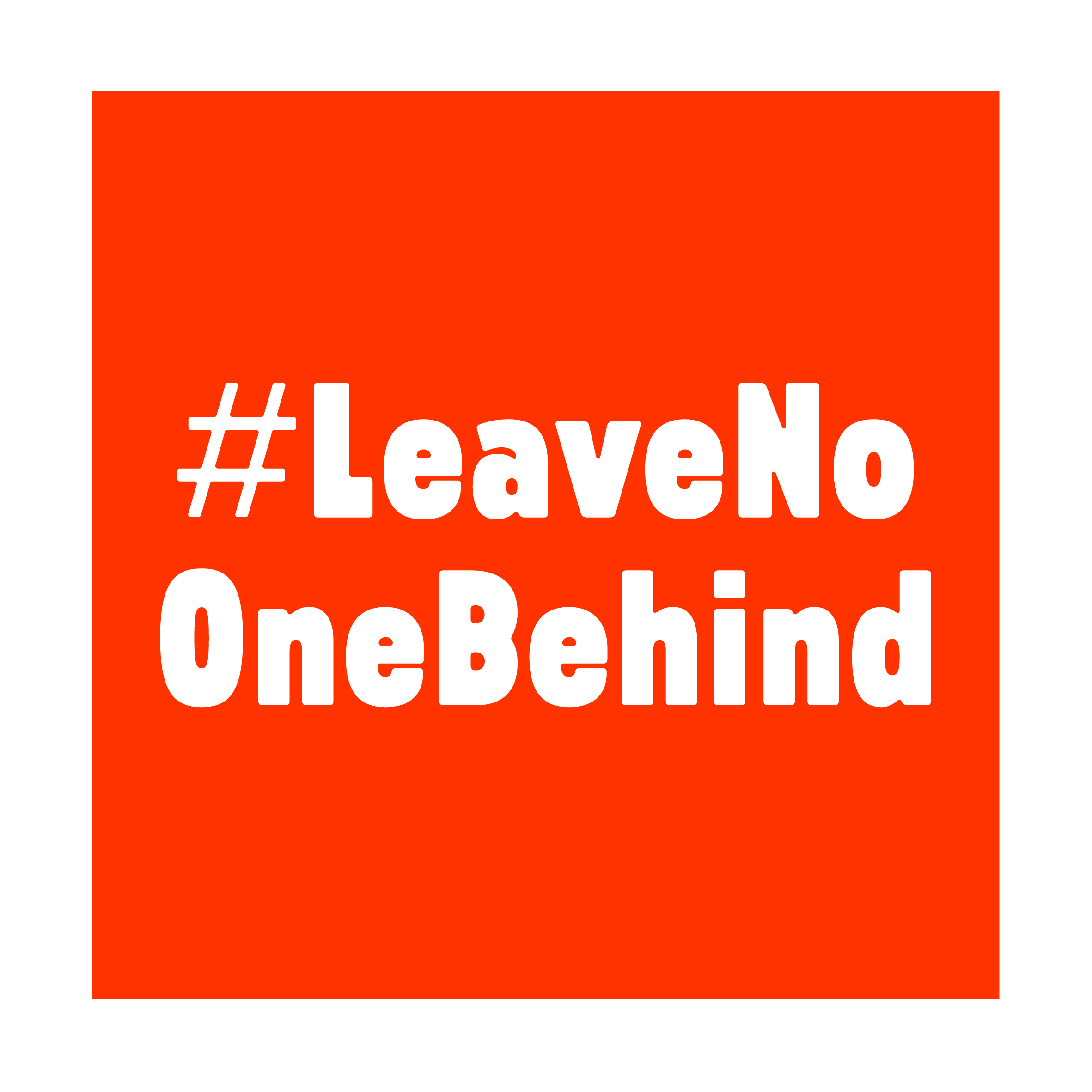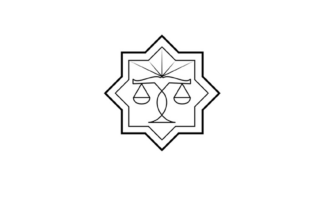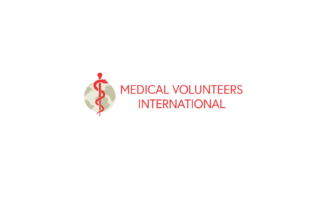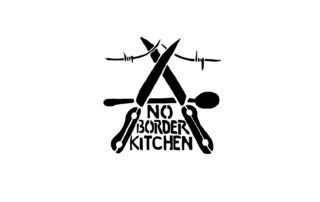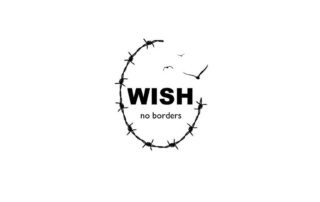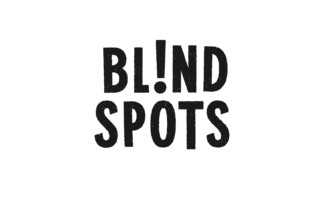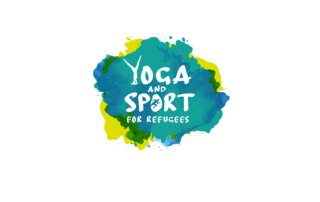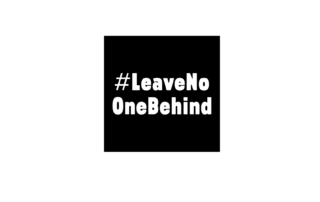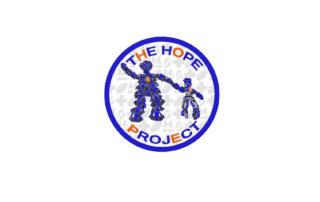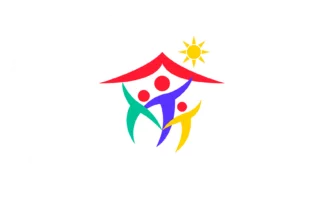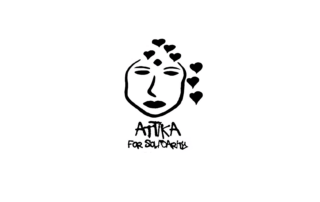Legal Centre Lesvos
In 2021, the practice of so-called "pushbacks", in which protection seekers are picked up either at sea or on land and forcibly repatriated, which is contrary to international law, reached a completely new quality. Refugees who had already reached the soil of Lesbos are picked up by masked men, often abused, kidnapped and abandoned on maneuverless "life rafts" on the open sea. Refugees, who are subjected to this violence rarely have access to lawyers or options to receive information about their rights. The Legal Center Lesvos fights against this and receives people directly after their arrival to provide them with legal support. This year alone, over 500 people were registered and brought into the regular asylum process. This protects refugees from further legal violations. In addition, the organization was one of the few to manage to bring two cases of human rights violations to the European Court of Justice.
Medical Volunteers International
People often suffer severe violence and are exposed to extreme situations during their flight to safety. The question of whether medical care is available can therefore often make the difference between life and death. Many of the people seeking protection who cross the Mediterranean in rubber boats arrive on Lesvos with terrible traumas and health problems. Medical Volunteers International treats up to 1000 people per month in Greece with basic medical care, psychological support, health promotion courses and much more.
No Border Kitchen
No Border Kitchen started in 2015 as a self-organized, non-hierarchical group of cooking activists supporting people on their flight along the Balkan route to Europe and providing them with hot meals. Currently, they support people in need, both locals and refugees, with basic necessities and provide them with hot meals and food parcels. Regardless of gender, sexuality, nationality or religion, NBK supports anyone who needs help.
Women in Solidarity House
The Women in Solidarity House is a space for women living in the refugee camps Moria 2 and Kara Tepe. The Women in Solidarity House provides a safe environment for the women here and creates a shared community.
Blindspots
Blindspots helps wherever people are forgotten by the media, politics and the public. They bring the "invisible spots" of Europe into the focus of social discourse and strengthen existing aid structures. On the Bosnian-Croatian border, in the Velika Kladuša region, refugees are stuck in patched-up improvised shelters, where they are exposed and unprotected from the wind and weather. This means life-threatening cold in winter, with temperatures as low as -20 degrees. In addition, they are often robbed, beaten up and illegally pushed back by border officials. Blindspots therefore organizes stoves and firewood for the people. They build doors, windows and solar panels on the provisional huts and provide access to drinking water and hygiene facilities. They also document the inhumane and illegal violence at the borders to raise public awareness. Their work is more important now than ever in winter and can save many people from dying of cold.
Yoga and Sport For Refugees
Yoga and Sports For Refugees aims to empower refugees through sports, integrating them into the community and improving their physical and mental health. The sports offered, which range from swimming courses to martial arts and yoga, are largely carried out and instructed by the refugees themselves. When people live in a camp, sometimes for years, this can have a catastrophic effect on their mental and physical health. Sports activities, ranging from swimming courses to martial arts and yoga, can play a decisive role in counteracting it. The sports activities of Yoga and Sports for Refugees additionally break down ethnic and religious barriers and create a meeting point and cooperation between cultures.
Community Volunteers
We have been working with the people from the camp for over a year and include them in our daily work at the LNOB Warehouse and Community Center. In this way, we give the refugees a space to develop and to escape the daily life of the camp for a while. Additionally, we offer educational programs, such as English classes three times a week.
The Hope Project
The Hope Project Greece has been providing assistance to refugees arriving on Lesvos since early 2015. It does so based on the principles of dignity, compassion and safety for all. The robbery of the human dignity of refugees and the way they are treated cannot be accepted in Europe. Volunteers provide about 30 families daily with things they need, such as hygiene products, diapers, clothes, shoes, blankets and much more.
One Happy Family
One Happy Family is a non-profit organization whose mission is to provide a safe space for asylum seekers, volunteers and people from different nations to meet. For this purpose, the Community Center was built on the Greek island of Lesbos. Due to its geographical proximity to Turkey, Lesvos is often a stopover for most people fleeing war and crises. Here, asylum seekers are often stuck for several months due to bureaucratic hurdles. To fill the gap caused by insufficient humanitarian aid and lack of government support, One Happy Family, together with its partner organizations and at the initiative and request of the asylum seekers, offers many different projects, such as schools, sports programs or psychological support. The range of projects varies according to capacity and need. Through the Community Center, One Happy Family aims to involve the people living in the camps in brainstorming and decision-making in order to strengthen their autonomy, self-drive and sense of responsibility.
Attika Human Support
Attika operates one of the largest warehouses for in-kind donations on the island of Lesvos, playing an important role in the distribution of aid to Lesvos, Samos, Chios, Kos and mainland Greece. Many refugees usually have few personal belongings when they arrive on the island and are in need of warm, dry clothing and shoes. The Attica team sorts, delivers or arranges pickup for the supporting NGOs, which distribute the in-kind donations as part of their own aid programs. In conjunction with this mass distribution, Attika also packs specifically requested items daily and delivers them directly to camp residents.
